
India-Spain Defence Partnership: A Growing Force for Regional Stability

It’s been a little under seventy years since India established diplomatic relations with Spain. Both countries have come a long way since the opening of the Spanish embassy in New Delhi in 1956 , since then the two nations have signed several agreements and MoU’s showcasing the importance of their strategic partnership. Defence Cooperation has emerged as a key pillar in their bilateral relations.
The Foundations of enhanced defence ties can be traced back to the early 2000s when the then Union Home Minister L.K Advani visited Spain on an official engagement. During this visit he met the Spanish vice president and Minister of interior Mariano Rajoy and discussed measures for bilateral cooperation to combat the threat posed by International Terrorism. The Indo-Spanish Extradition treaty 2002 was signed during this visit. Nearly a decade later during the visit of the King of Spain, Juan Carlos I to India in 2012, a Memorandum of Understanding on Defence Cooperation was signed solidifying Defence ties between the two states.
India and Spain have been steadily strengthening their defence cooperation in recent years, recognizing the strategic importance of this partnership for both countries. This article aims to explain the various domains of India-Spain Defence ties and their significant role in the Indian Defence sector.
Expanding Defence Manufacturing and Procurement
The procurement of 56 C295 aircraft from Airbus Spain in a $2.5 billion contract, marks a significant step towards cooperation between India and Spain in the Defence sector. The Indian Air Force (IAF) in a bid to replace its AVRO fleet agreed to acquire from Airbus Spain the C295 transport aircraft. Out of the total of 56 aircraft, 16 will be delivered in ‘fly-away’ condition from its final assembly line in Seville, Spain.
The rest 40 aircraft will be manufactured and assembled by Tata advanced Systems Limited (TASL) in India as part of an industrial partnership between the two companies. This marks the first time that a private Indian company will be wholly manufacturing a military aircraft in the country, a significant milestone for India’s ‘Make in India’ initiative.
The local manufacturing will help develop India’s aerospace ecosystem, create high-skilled jobs, and reduce dependence on imports. This collaboration allows for the transfer of technology and know-how from Spain to India, further strengthening the industrial and technological linkages between the two countries.
Beyond the C-295 program, the deal also opens up opportunities for Spain to participate in India’s broader defence manufacturing initiatives like ‘Atmanirbhar Bharat’.
During a recent visit by India’s Defence Secretary Giridhar Aramane to Spain, both sides discussed ways to enhance defence ties and prioritize industrial collaboration. This indicates the mutual desire to explore more avenues for joint development and production of military equipment.
Spanish Ambassador to India, José María Ridao, has emphasized that defence cooperation is Madrid’s “main contribution” to India’s aim of strategic autonomy in foreign affairs. Spain sees itself as a trusted partner that can help India reduce dependencies and achieve self-reliance in the defence sector.
The Indian Navy’s P-75 Submarine project is another such avenue where Spain and India can come together and enhance cooperation in the defence manufacturing sector. Spain has expressed keen interest in participating in India’s ‘Atmanirbhar Bharat’ initiative, recognizing the immense potential for further industrial collaboration. Spanish ship building firm Navantia is a contender for Indian Navy’s mega submarine programme, under which six conventional submarines are to be built with the Air Independent Propulsion System. Navantia has signed a teaming agreement with India’s Larsen & Toubro (L&T) to jointly bid for the P75(I) project, valued at over €4.8 billion. As part of the collaboration, Navantia will provide the submarine design, while L&T will handle the local manufacturing and integration in India, in line with the ‘Make in India’ framework.
In addition to the P75 Project, they have designed 50% of the Scorpene Class submarines, inducted by the Indian Navy from French Group DCNS (approx. €150 million was paid to Navantia). They also supply spare parts for the Scorpene in partnership with MDL (Mazgaon Docks Limited).
This mutual desire to collaborate in defence manufacturing and exploring new avenues for joint development and production is a testament to the growing strategic importance of the India-Spain partnership.
Enhancing Military Exchanges and Exercises
Military exchanges and joint exercises between countries are crucial for enhancing interoperability, sharing best practices, and building trust between the two-armed forces. These interactions allow the militaries to:
• Learn from each other’s experiences and doctrines, leading to the adoption of effective strategies and techniques.
• Develop common operating procedures and improve coordination during joint operations.
• Gain a better understanding of each other’s capabilities, limitations, and organizational cultures.
• Demonstrate a shared commitment to regional security and stability, strengthening the strategic partnership.
India and Spain towards this objective are committed towards enhancing interoperability between their armed forces. During an exercise in the Mediterranean Sea in September 2023, Indian Naval Ship (INS) Sumedha and Spanish Navy Ship (ESPS) Meteoro demonstrated shielded partnership, naval prowess and the collaborative spirit of the two nations. These exercises further cement the operational readiness and adaptability of the two fleets, fortifying their capability to jointly respond to maritime challenges.
The Naval engagement between India and Spain can said to have begun when Admiral Nirmal Verma the then Chief of Naval Staff (CNS), paid an official visit to Spain in 2012 at the invitation of the Spanish Naval Chief. It was during this visit that the Indian Naval Chief visited Spanish defence industries such as INDRA and NAVANTIA. A few months after the CNS’s visit four Indian Naval Ships of the western fleet led by the FOC-IN-C (Flag Officer Commanding in Chief) Vice Admiral D.K Joshi reached Cartagena port in July 2012 on their overseas deployment to the Mediterranean Sea. The fleet included INS Mumbai (destroyer), Trishul (frigate), Gomati (frigate) and Aditya (tanker).
Indian Naval Ship, INS Tarkash visited Valencia in December, 2012 on her return leg journey to India. The submarine, INS Sindhurakshak also visited Cartagena in March, 2013.
These visits or “Port Calls” are of vital importance in showcasing cordial relations between the two navies. They are a testament to the maritime partnership between the two nations.
Apart from these port calls, visits by officers of the Indian armed forces for attending training courses such as student officers from the National Defence College (NDC) visiting Spain and being briefed on their foreign and defence policy helps in Fostering personal relationships and professional networks among military personnel, which facilitates smoother cooperation.
By regularly engaging in military exercises, training exchanges, and dialogues, India and Spain can ensure that their forces are well-prepared to operate together effectively in response to emerging security challenges. These interactions also send a strong signal about the depth and maturity of the India-Spain defence relationship to the broader international community.
Conclusion
The growing India-Spain defence partnership is a testament to the strategic importance both countries place on strengthening their security cooperation to promote regional stability and a rules-based global order. From the landmark C-295 aircraft deal to the potential collaboration on the P75 (I) submarine project, the two nations have demonstrated a mutual desire to deepen their industrial and technological linkages in the defence sector.
Beyond manufacturing, the regular military exchanges, joint exercises, and dialogues between the Indian and Spanish armed forces have helped enhance interoperability and build trust – crucial elements for effective security collaboration. As the global security landscape evolves, the ability of the two militaries to work seamlessly together will only grow in importance.
Looking ahead, the India-Spain defence partnership holds immense potential to serve as a model for how like-minded nations can come together to address shared security challenges. By aligning their strategic priorities, leveraging complementary capabilities, and promoting multilateral cooperation, India and Spain can contribute to a more stable and secure regional and global order.
As the two countries navigate an increasingly complex geopolitical environment, their defence cooperation will remain a key pillar of the overall bilateral relationship. The future of this partnership is promising, with the scope to deepen further and inspire similar collaborative efforts between other nations committed to a rules-based international system.
Disclaimer
The opinions expressed in this article are the author’s own and do not reflect the views of Chanakya Forum. All information provided in this article including timeliness, completeness, accuracy, suitability or validity of information referenced therein, is the sole responsibility of the author. www.chanakyaforum.com does not assume any responsibility for the same.
Chanakya Forum is now on . Click here to join our channel (@ChanakyaForum) and stay updated with the latest headlines and articles.
Important
We work round the clock to bring you the finest articles and updates from around the world. There is a team that works tirelessly to ensure that you have a seamless reading experience. But all this costs money. Please support us so that we keep doing what we do best. Happy Reading
Support Us





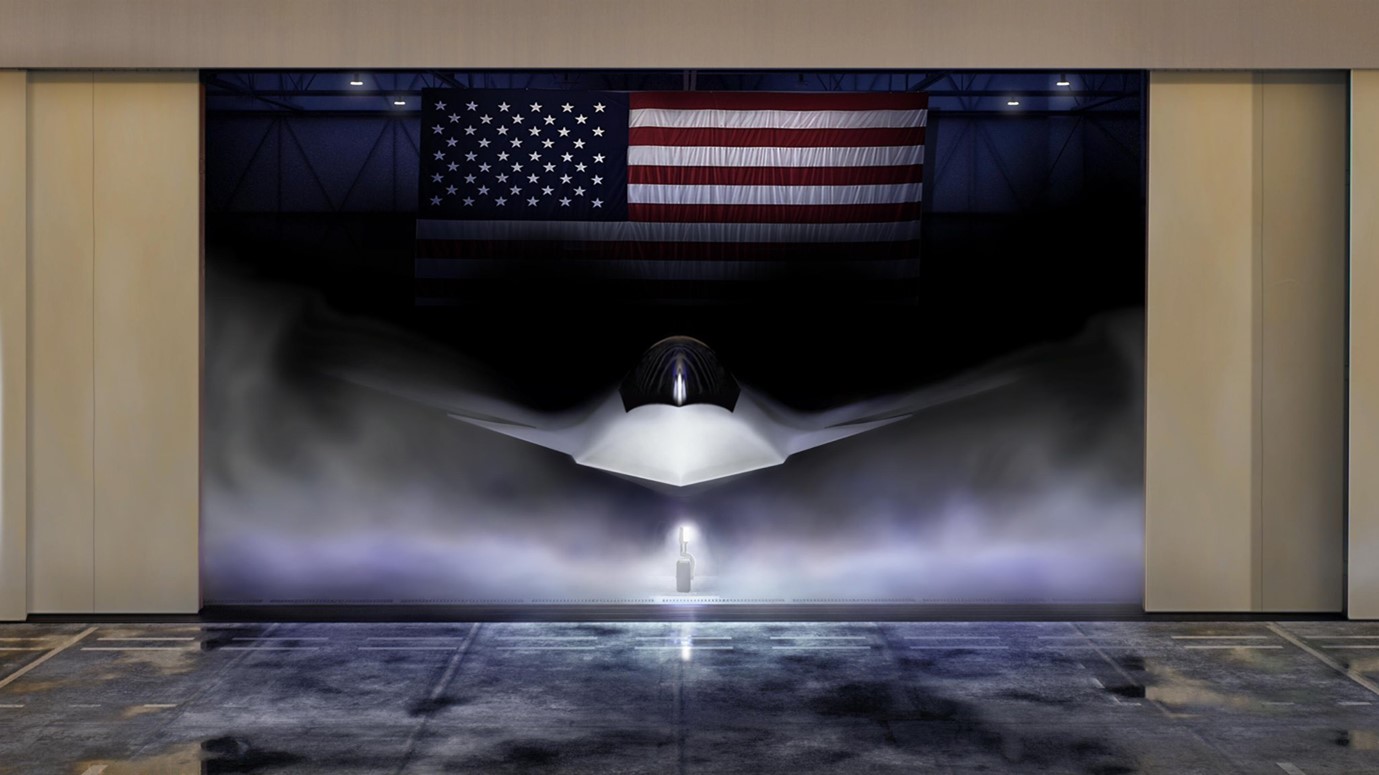
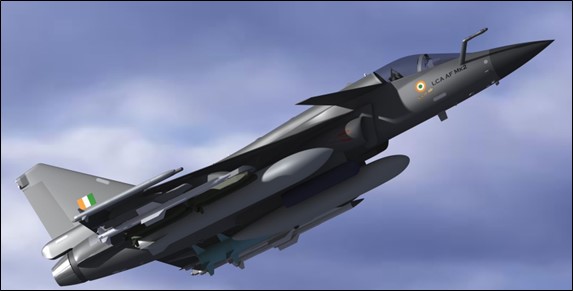
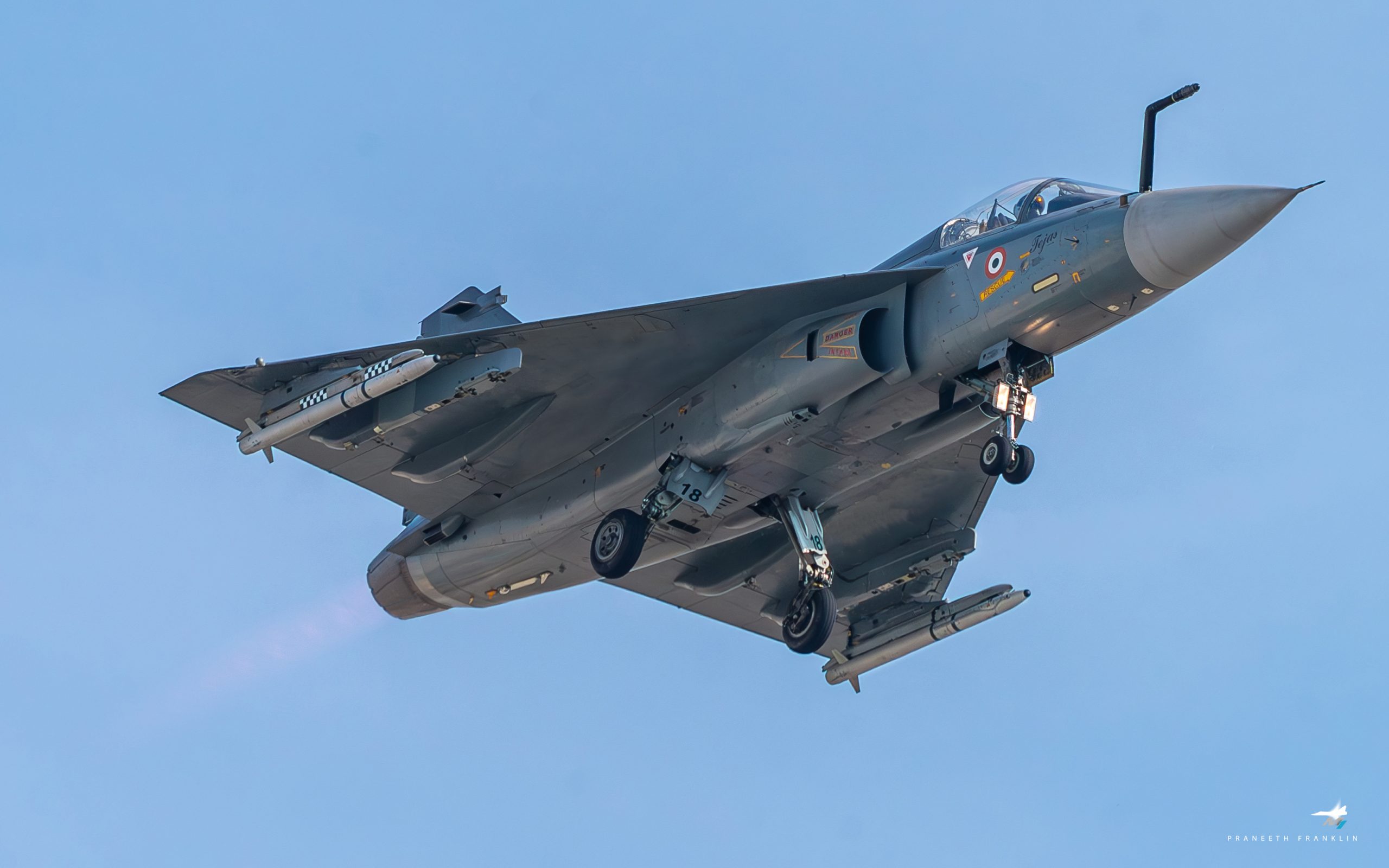
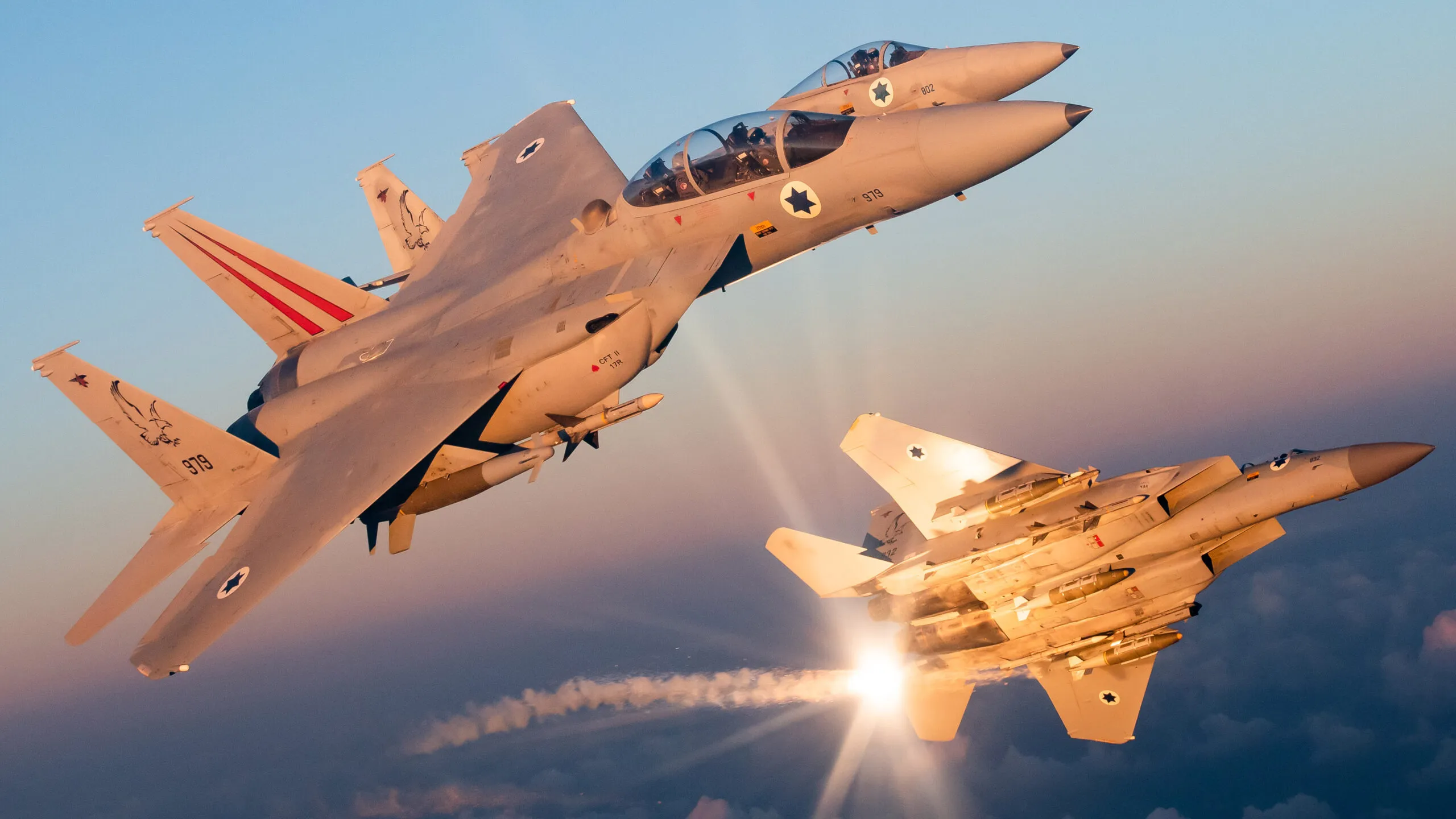




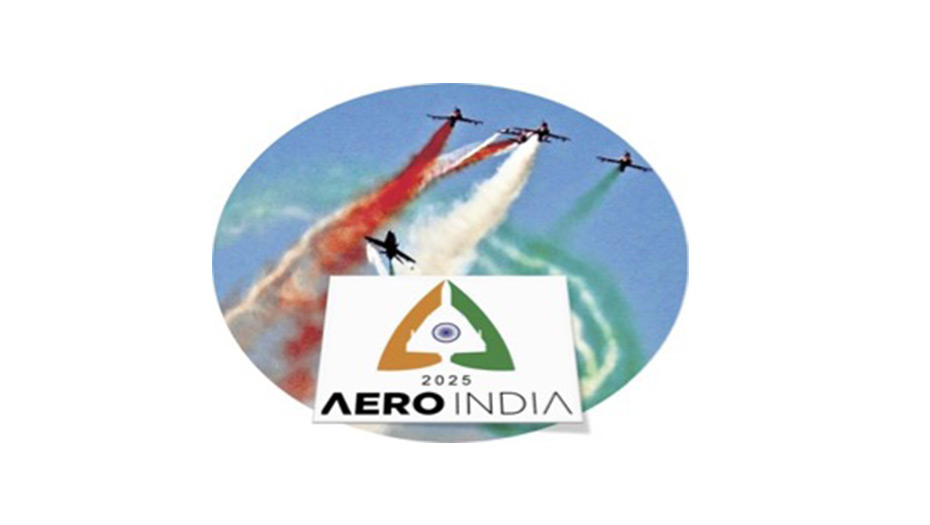

POST COMMENTS (0)